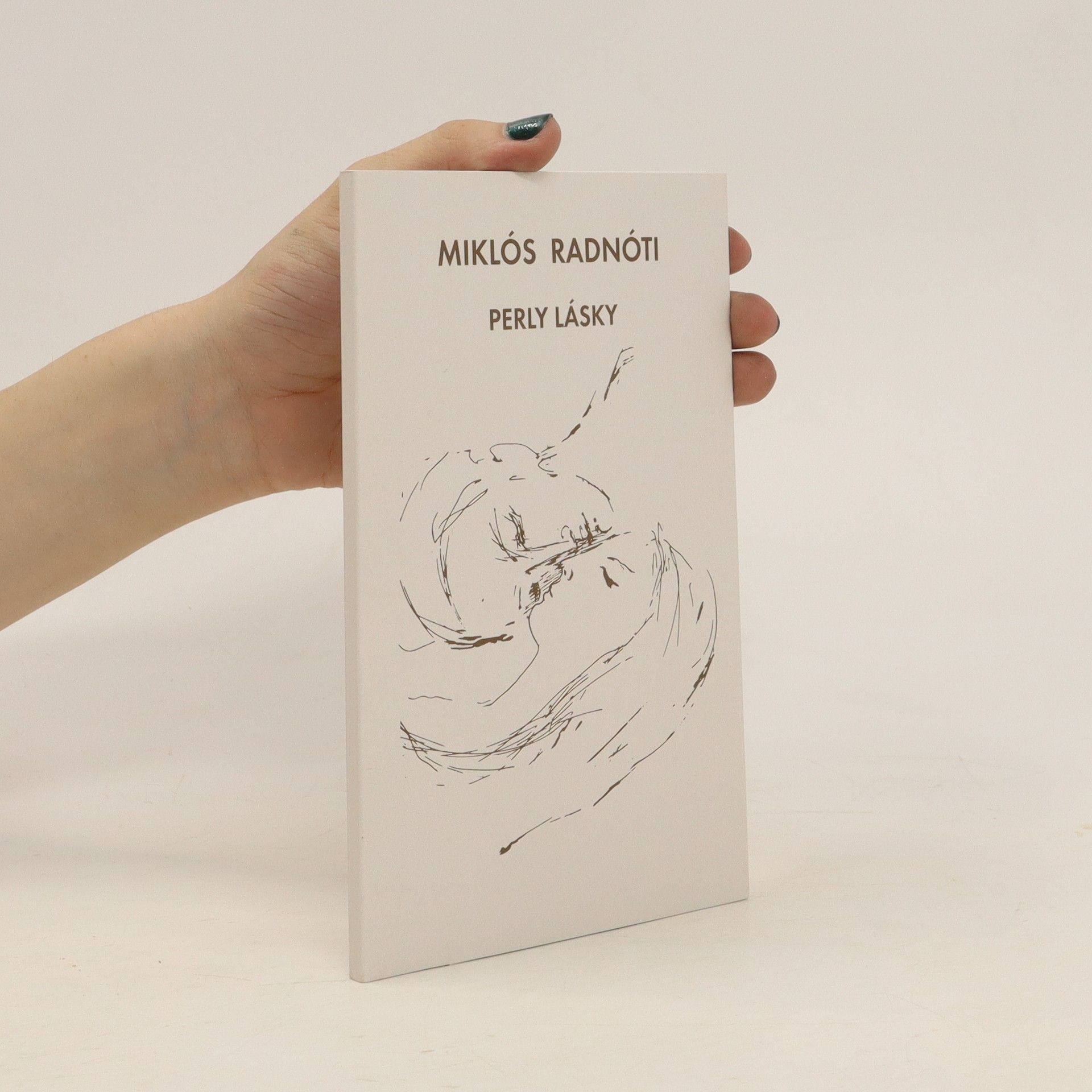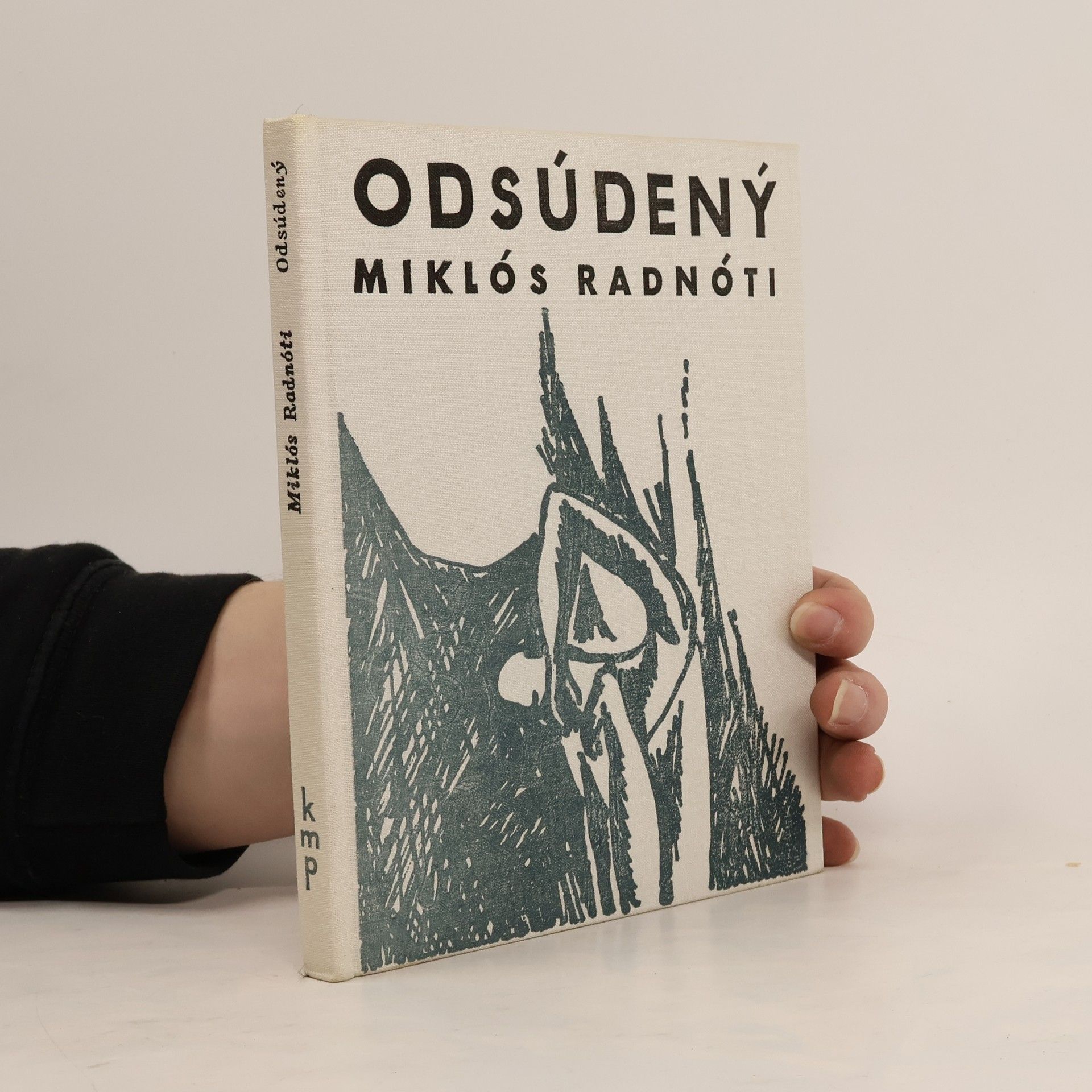Miklós Radnóti Book order (chronological)
Miklós Radnóti was a Hungarian poet whose work is profoundly shaped by his Jewish heritage and his tragic fate during the Holocaust. His poetry masterfully blends avant-garde and expressionist themes with a neoclassical style, exemplified in his eclogues, alongside notable romantic love poetry. Despite societal rejection due to his origins, he strongly identified with Hungary in his verse. His final poems, penned during a death march, stand as some of the few literary works from the Holocaust era to have survived.

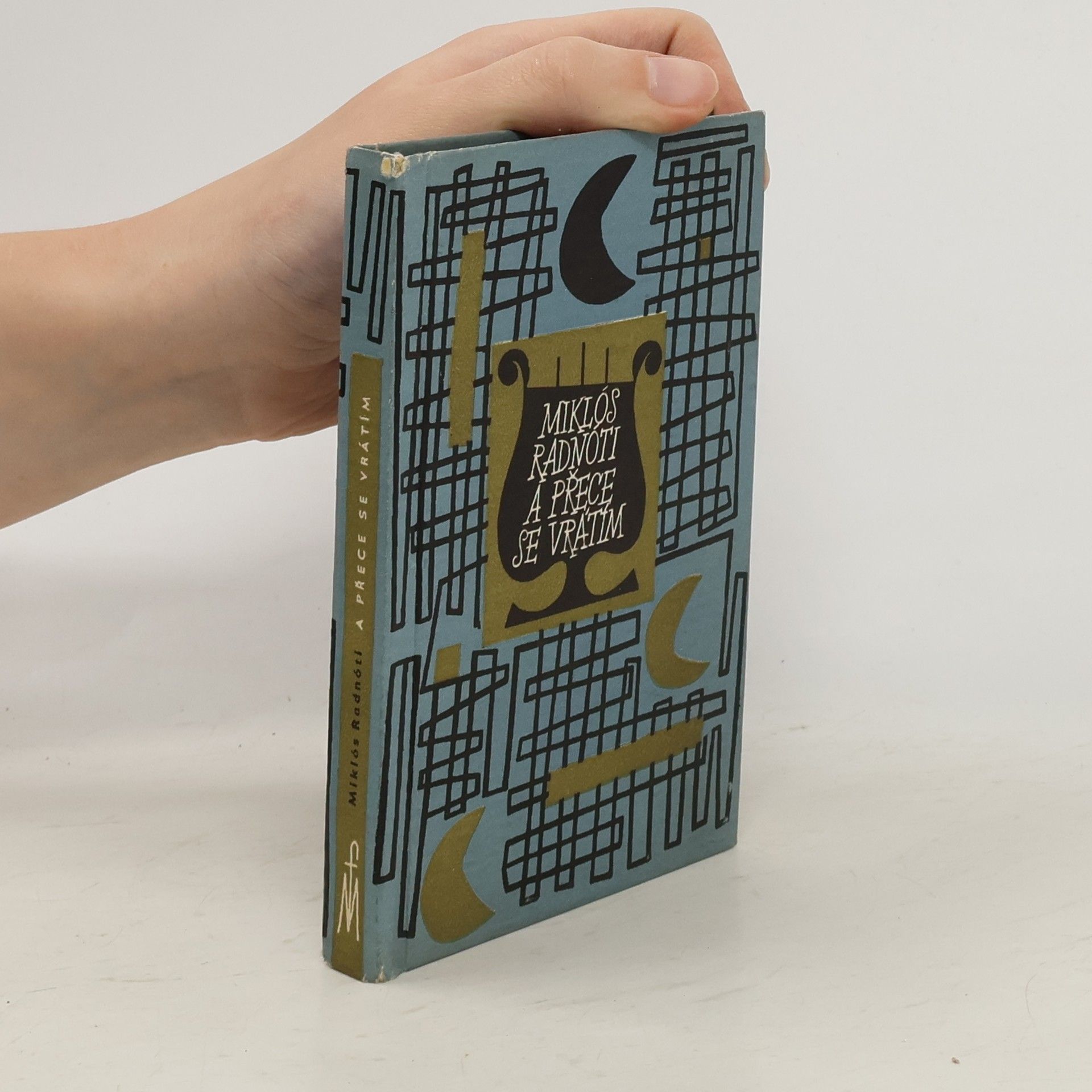

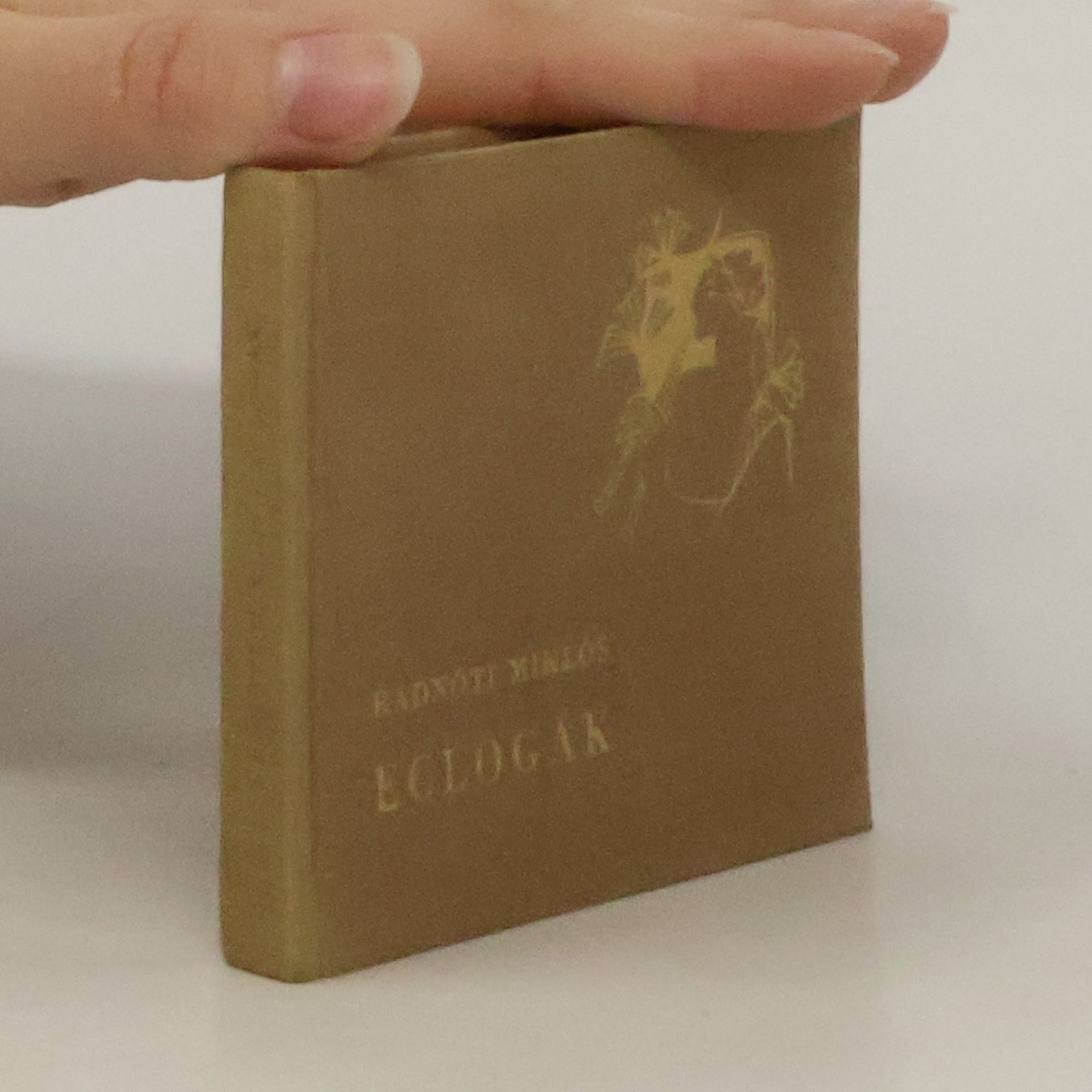
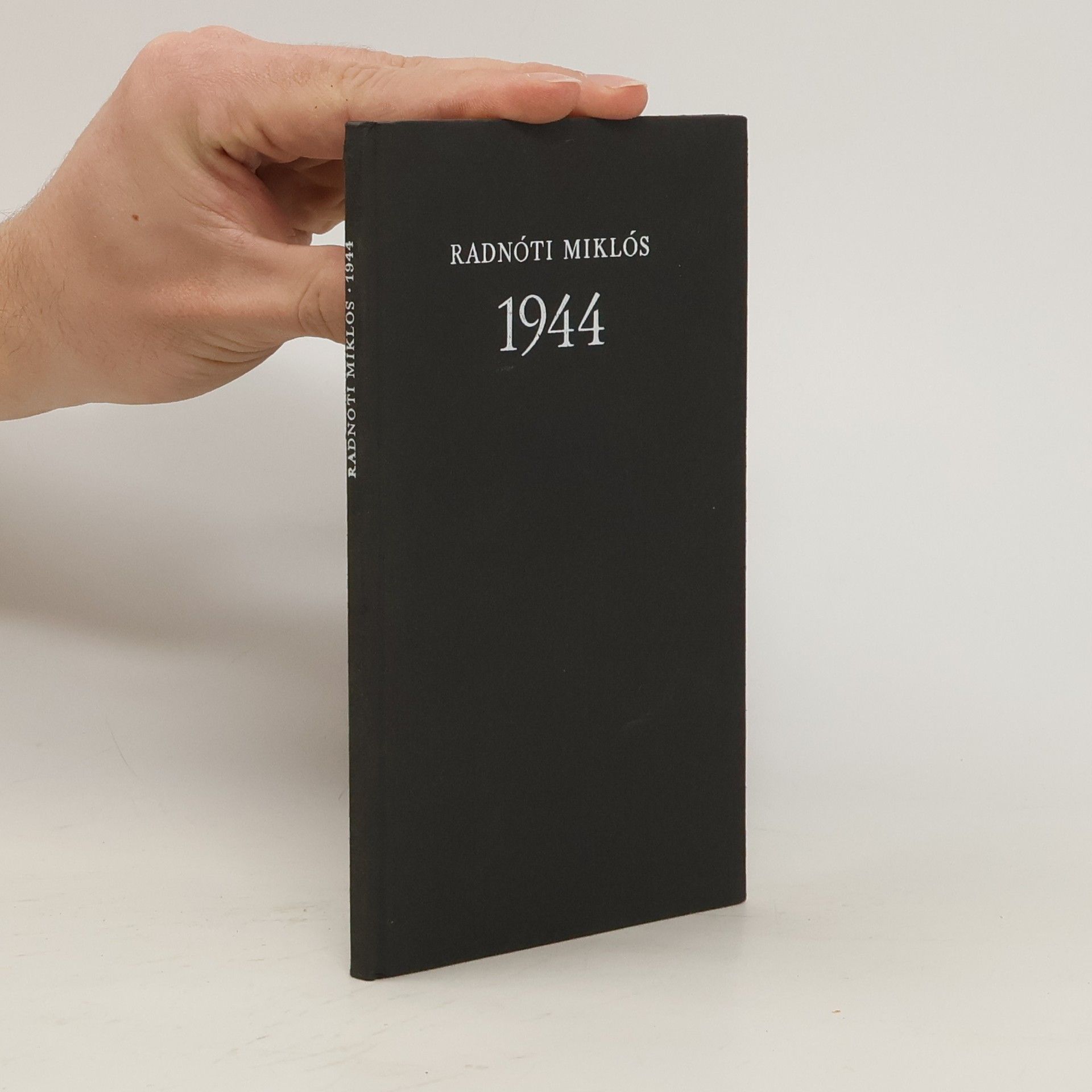


Perly lásky
- 77 pages
- 3 hours of reading
Tvorba inspirovaná pobytem v Liberci v letech 1927-28. Dvojjazyčná publikace - vydáno při příležitosti 70. výročí úmrtí básníka.
Miklós Radnóti, geboren am 5.5.1909 in Budepest als Sohn bürgerlicher Eltern. Studium, Arbeit als Gymnasiallehrer: Übersetzungen von La Fontaine, Cocteau, Shelley u.a.; ab 1940 Arbeitsdienst, Sklavenarbeit in serbischen Kupferminen; 1944 von den Faschisten verschleppt; Anfang November 1944 von der SS erschossen; sein Notizbuch mit letzten Gedichten wurde im Massengrab aufgefunden.
Výber z poézie tragicky zosnulého maďarského básnika.
Sbírka básniček byla nalezena při exhumaci jeho těla z hromadného hrobu, kam byl pohřben po zastřelení maďarskými nacisty.
